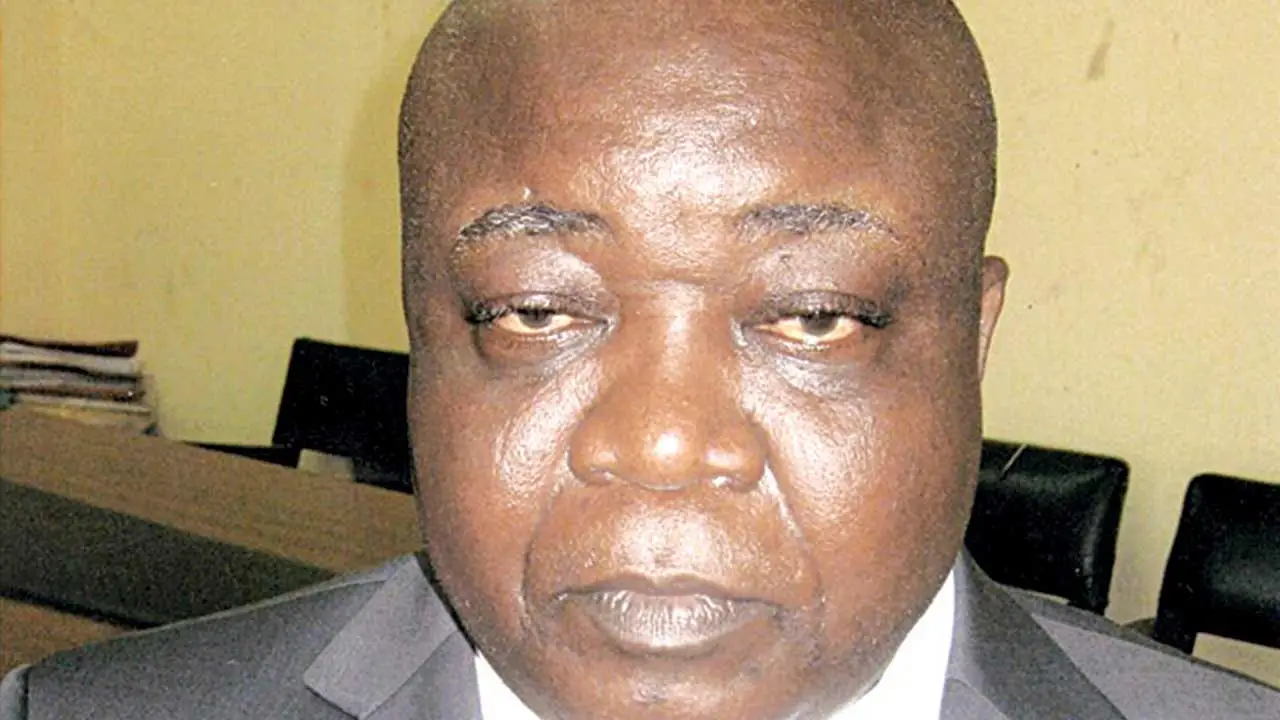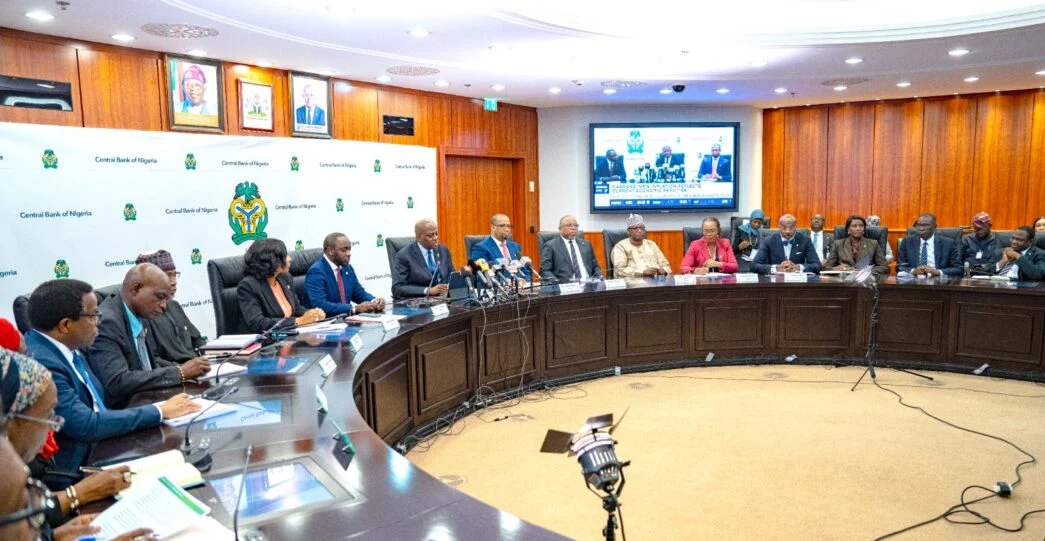The Independent National Electoral Commission (INEC) has been stridently criticized over alleged plans to collate 2023 election results manually against its earlier avowed commitment to electronic transmission.
A pro-democracy group — Transition Monitoring Group (TMG) – in its reaction to the reported the decision to transmit results manually, said it is worrisome especially coming at a time that the confidence of Nigerian voters has been bolstered by the recent electoral reforms and the demonstrated willingness of INEC and the federal government to embrace electoral transparency and integrity.
Meanwhile, INEC has reacted, saying the era of manual transmission of election results is gone for good.
Electronic transmission of results has come to stay, affirmed INEC’s National Commissioner and Chairman, Information and Voter Education Committee, Dr Festus Okoye in a statement in Abuja.
The TMG Chairman, Auwal Ibrahim Musa (Rafsanjani) said the move tend to stir public suspicions, considering Nigeria’s long history of electoral fraud.
“It is thus worrisome that the news making the rounds is a decision by the electoral body to conduct manual collation of results.
“For avoidance of doubt, one of the key features of the new Electoral Act towards improving the integrity of the electoral process, was the introduction of the Bimordial Voter Accreditation System (BVAS) which captures three stages of the voting process: it acts as the Voter Enrolment Device (IVED) during voter registration, performs the voter accreditation on an election day and as INEC Results Viewing Device (IReV Device) to be used for election results upload on an election day.
“However, while the Transition Monitoring Group (TMG), acknowledges the marked difference between the transfer/transmission of results and the collation of results, as well as provisions of the Act- Section 50(2) of the Electoral Act, 2022 which gives the commission the absolute discretion to determine the mode and procedure of voting in an election and the transmission of election results, we wish to express our dissatisfaction with the discretionary decision to collate results manually after transmitting electronically,’’ the TMG said.
It, however, warned that the plan holds “grave potential towards eroding the confidence of Nigerian voters which has just only been recently inspired by the Act and its provisions, key of which is the electronic transmission process and disregards the efforts of the general public who have fought long and hard for improvements in our electoral process.’’
“Given the statement by the National Commissioner and Chairman of the Information and Voter Education Committee that while collation process of results is still essentially manual, the collation officer must collate subject to his verification and confirmation that the number of accredited voters stated on the collated result are correct and consistent with the number of accredited voters recorded and transmitted directly from polling units, there are key questions to be asked.
“Why then does the Commission need to collate manually if the electronic transmission figures will prevail? We cannot afford to take two steps back for every step forward that we take,’’ the pro-democracy group stated.
It demanded clarification on its recent pronouncement in a bid to assuage the suspicions of the electorate and rebuild their confidence to exercise their rights to vote.
“The INEC should further seek to ensure that whatever actions are taken in the run up to the elections do not run in violation of the provisions of the Act.’’
But Okoye while clarifying the commission’s position , said in a statement titled: “Clarification on Electronic Transmission of Election Result,” that electronic transmission of results would be deployed for the 2023 general elections.
The clarification became necessary following a misunderstanding of his position on the procedure for result management during elections, he said.
According to him, some people had interpreted the explanation to mean that the commission had jettisoned the electronic transmission of results and reverted to the manual process.
“This is not correct. For clarity, the procedure for result transmission remains the same as in recent governorship elections in Ekiti and Osun states. There will be no change in all future elections, including the 2023 general elections.
“We wish to reassure Nigerians that the electronic transmission of results has come to stay.
“It adds to the credibility and transparency of the process when citizens follow polling unit level results on the INEC Result Viewing (IReV) portal in real-time on Election Day. There will be no change or deviation in subsequent elections,’’ Okoye said.
Persecondnews had reported that the National Assembly passed the 2021 Electoral Act Amendment Bill and approved the electronic transmission of results on November 9.
Sections 60, 62 and 64 of the Electoral Act 2022 provide for election results management.
In line with the provisions of the law, INEC had in April 2022 released a detailed clarification of the procedure for transmission, collation and declaration of results which was shared with all stakeholders and uploaded on its website.
























Leave a comment